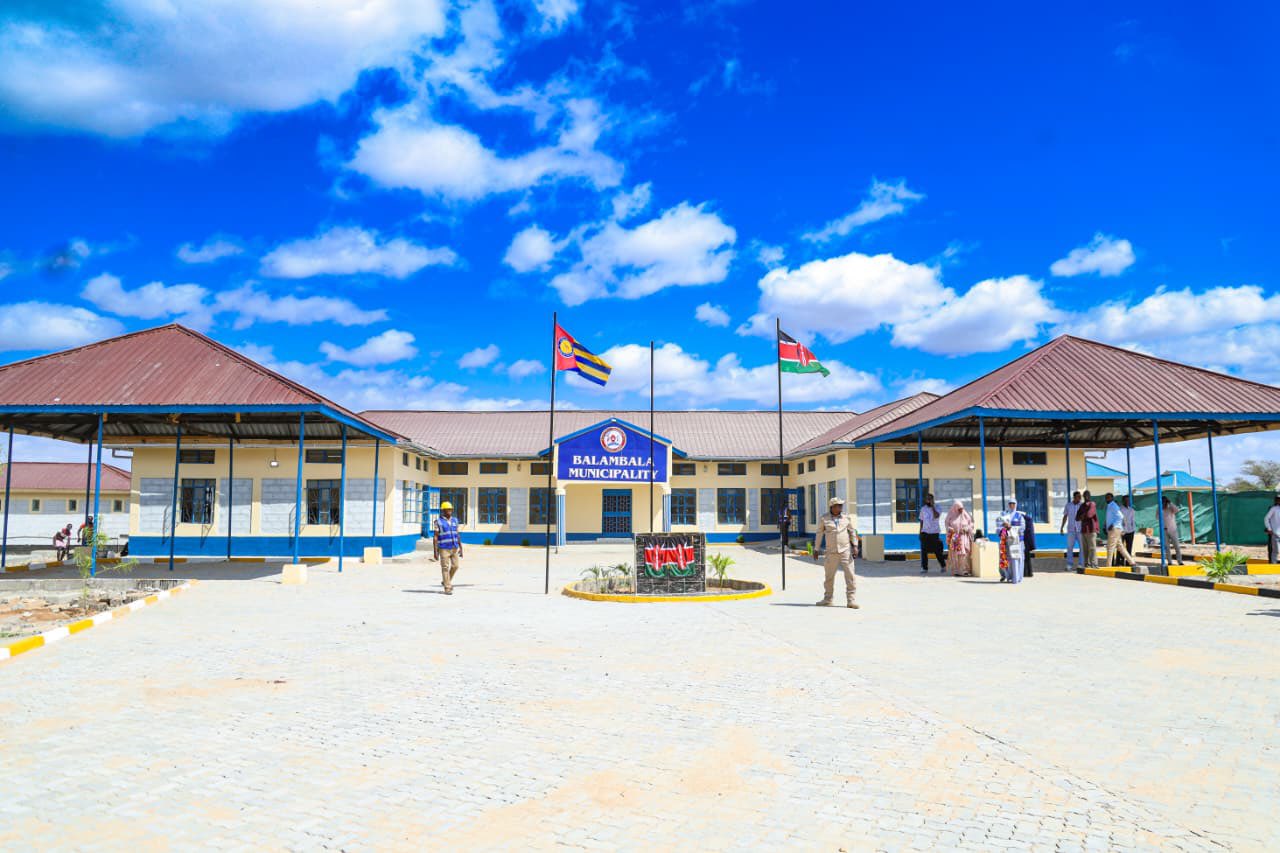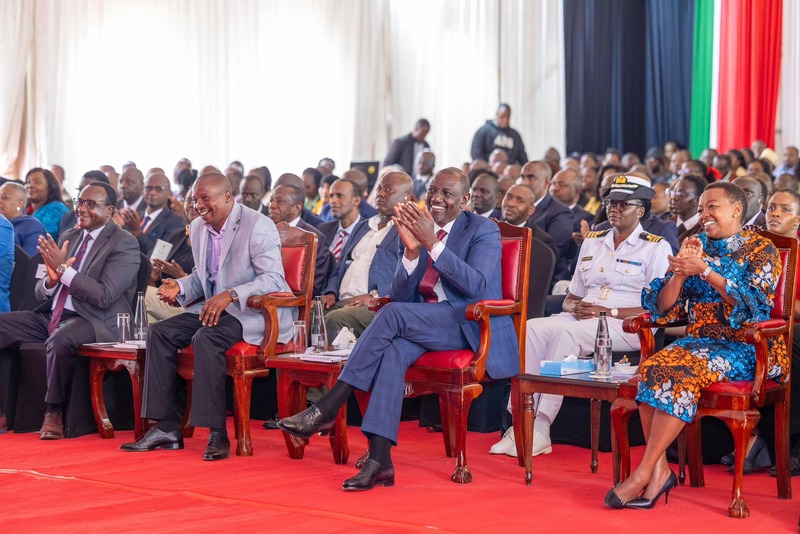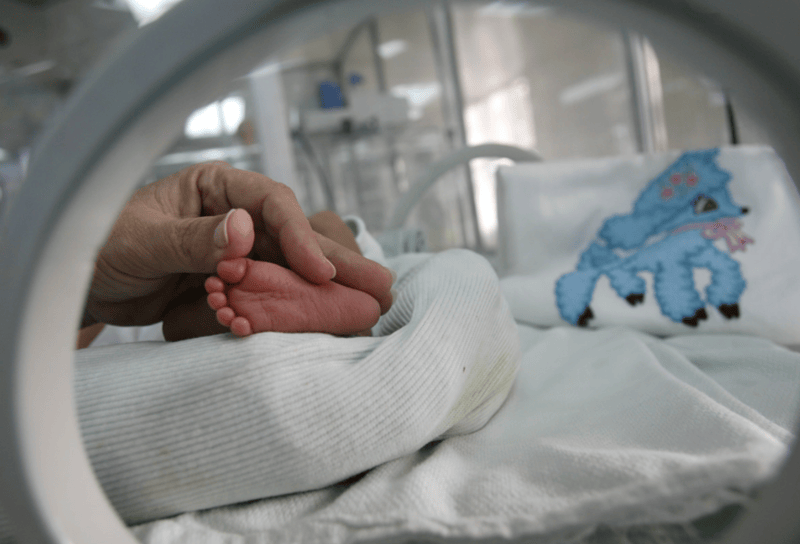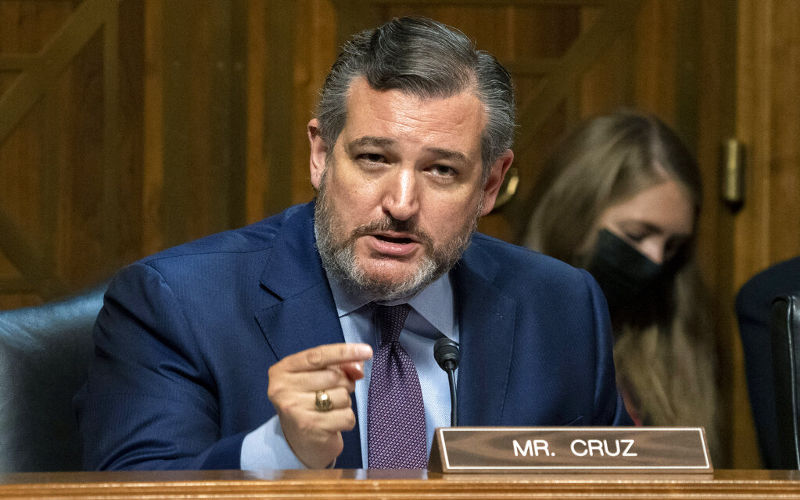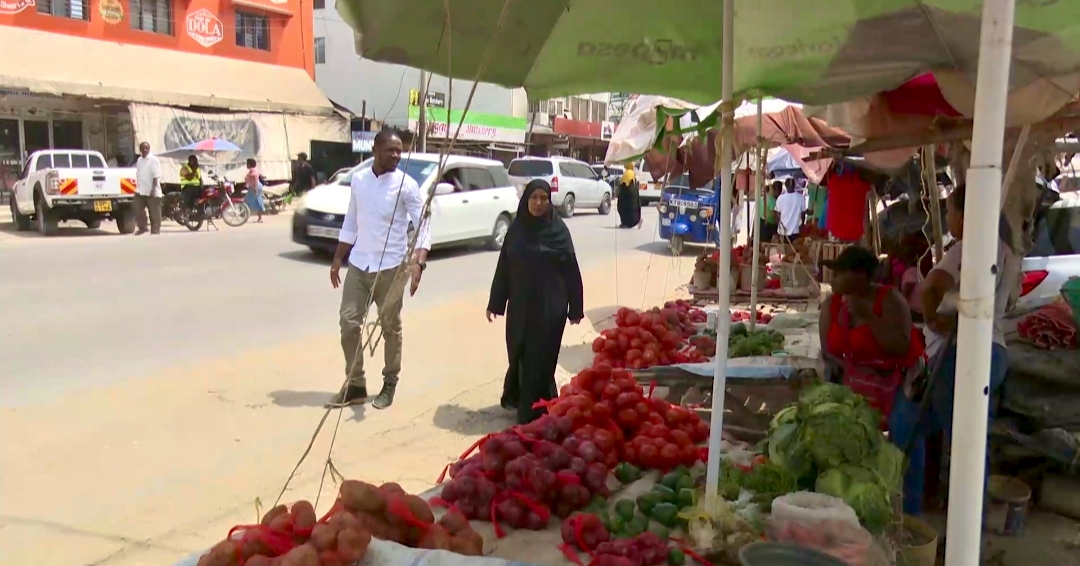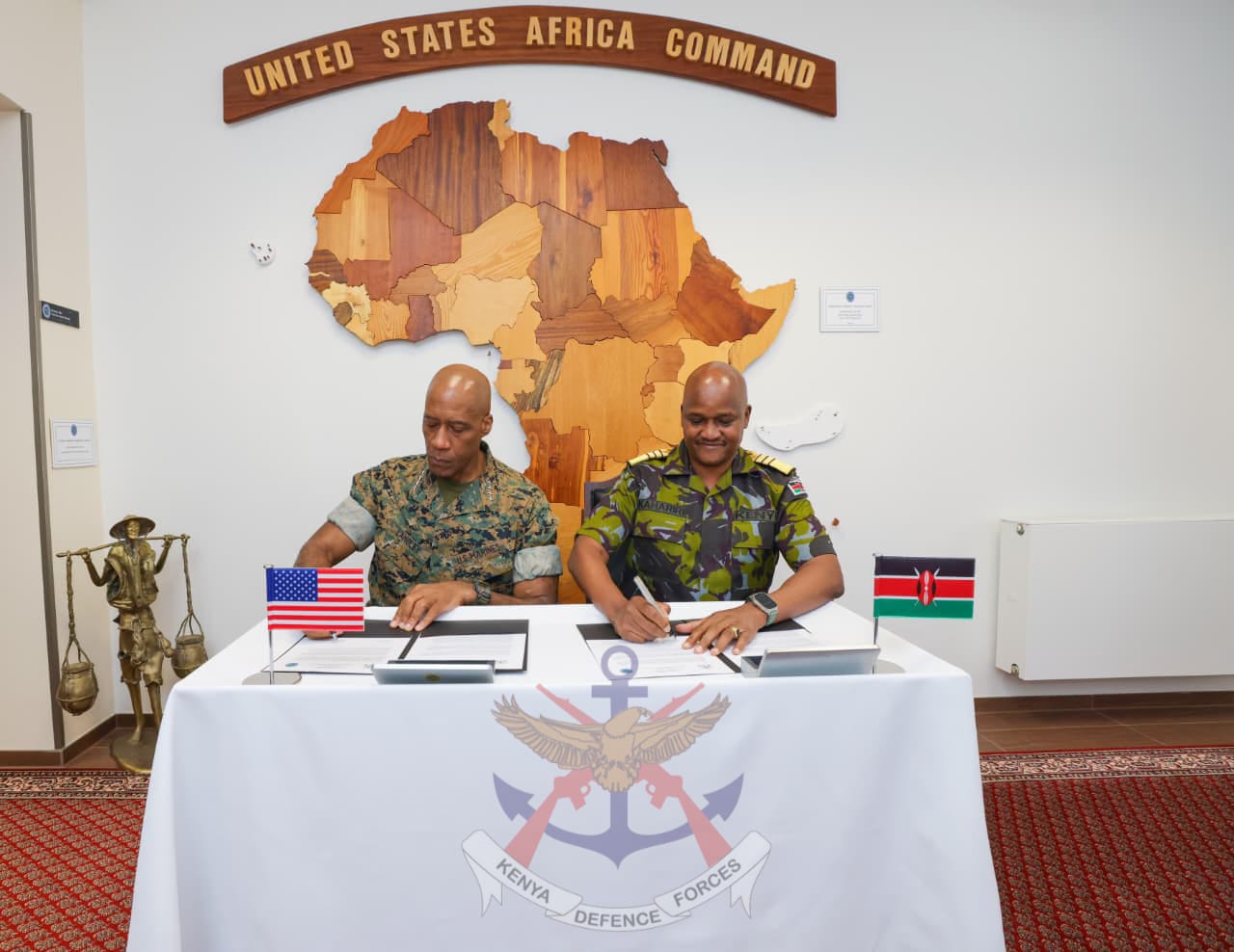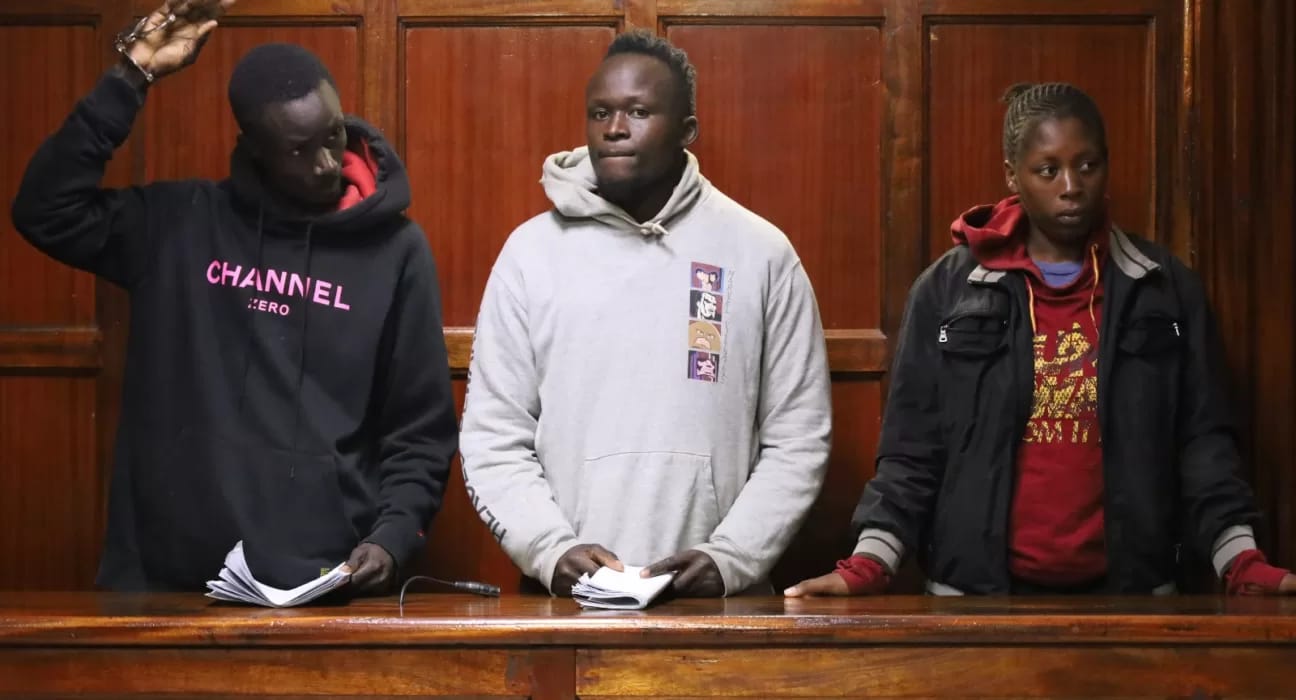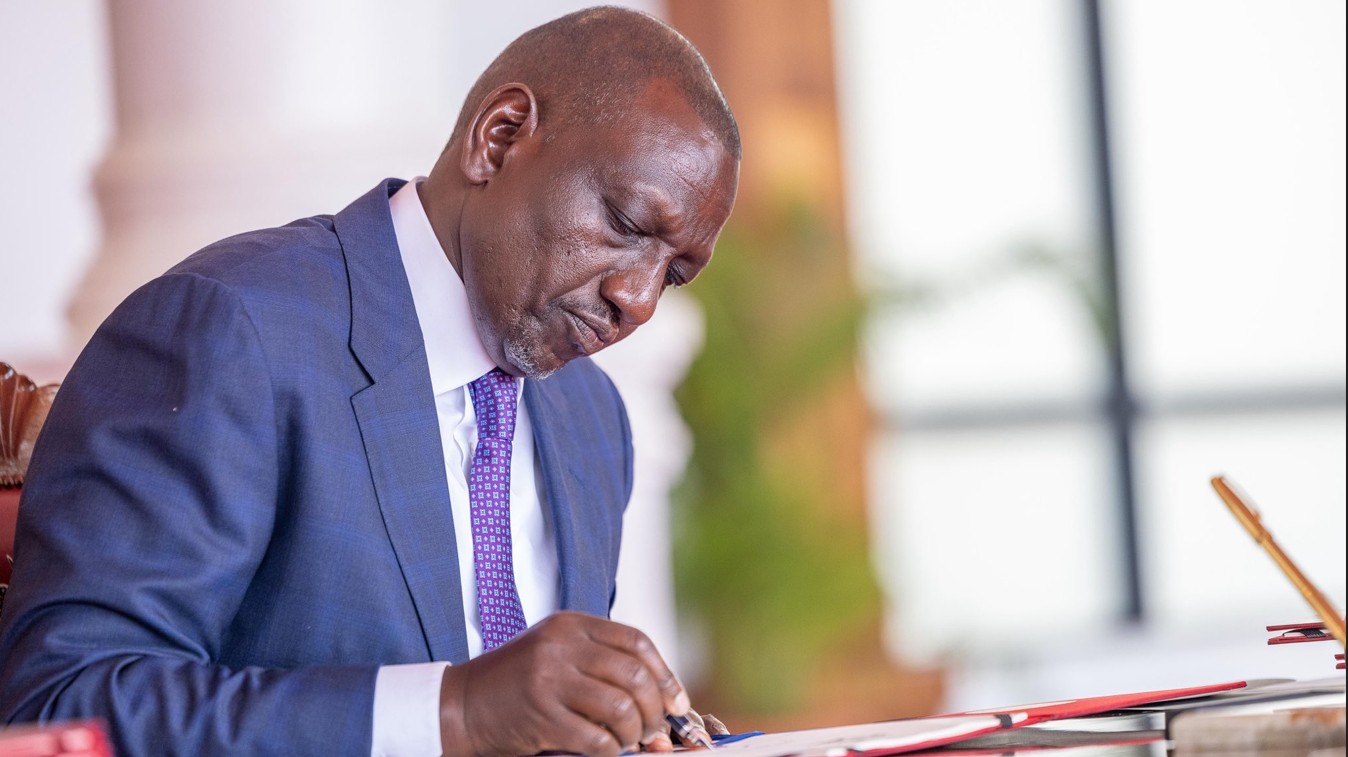Single-dose HPV vaccine beneficial for children between 9 and 14 years
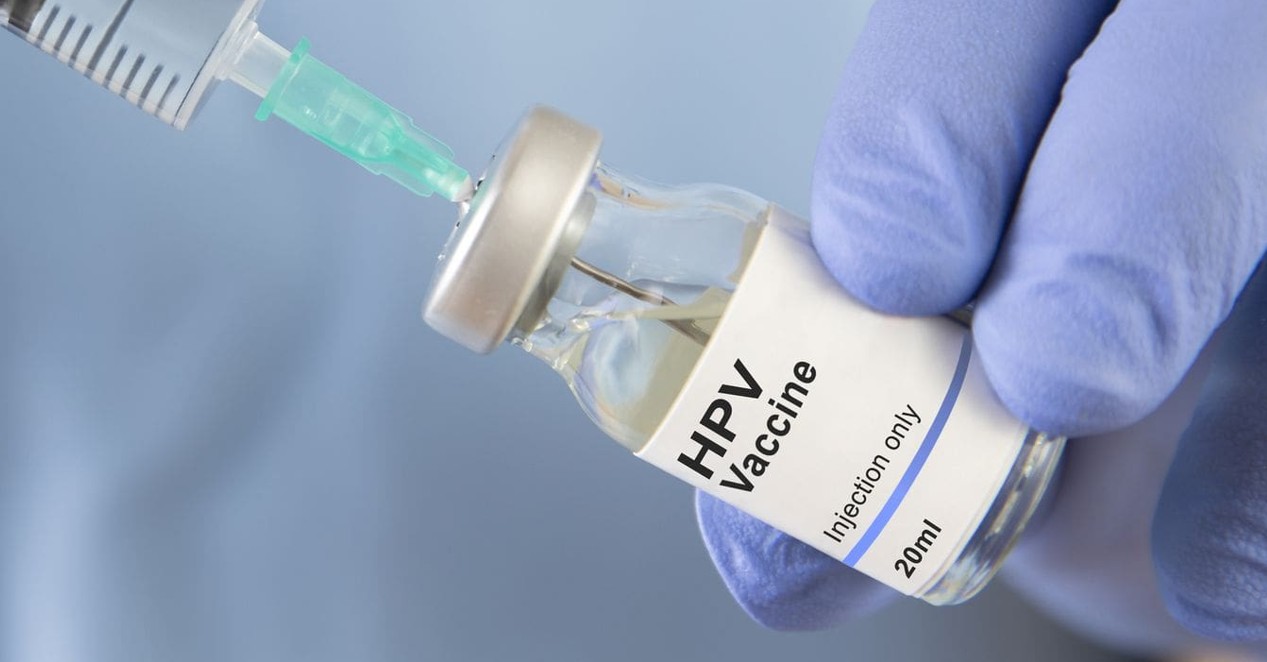
Since the introduction of the vaccine in 2019, health officials have faced challenges in tracking down girls for the second dose, often leading to incomplete vaccination.
The human papillomavirus (HPV) vaccine plays a crucial role in preventing HPV-related cancers and diseases. Traditionally, it has been administered in two or three doses, depending on the recipient’s age.
However, recent developments have led to the introduction of a single-dose schedule, which has proven particularly beneficial for children between the ages of 9 and 14. In Kenya, approximately 9 women die from cancer, primarily cervical cancer, every day.
More To Read
- Alarming gaps in neonatal nursing threaten Kenya’s 2030 child survival target - survey
- Study shows physical exercise can greatly reduce cancer recurrence
- Counties urged to ditch costly overseas benchmarking tours amid fiscal constraints
- KEMRI to conduct free DNA tests for AMREF plane crash victims
- Norwegian study shows women with more children have lower cancer risk
- Parliament moves to regulate, integrate herbal medicine under proposed KEMRI Bill
As of September 2024, 57 countries have adopted a single-dose HPV vaccination schedule. This streamlined approach simplifies the vaccination process while still providing effective protection against HPV infections.
One of the key advantages of vaccinating children at this age is early protection.
By administering the vaccine before potential exposure to HPV, children develop immunity well in advance of encountering the virus. This proactive measure ensures maximum effectiveness in preventing HPV-related illnesses.
Another benefit is the simplified schedule. A single-dose vaccine minimises the number of medical visits required, making it more convenient for families and increasing the likelihood that children complete their vaccination.
On a broader scale, the single-dose approach also enhances global health impact.
In many low- and middle-income countries, access to multiple vaccine doses can be challenging. By requiring just one dose, more children can be reached, significantly reducing the prevalence of HPV-related cancers worldwide.
Stronger immune response
The HPV vaccine is most effective when administered to girls between the ages of 9 and 14 because it provides immunity before exposure to the virus. This age group produces a stronger immune response, allowing for better and longer-lasting protection compared to older individuals.
Since HPV is a sexually transmitted infection, most people contract it shortly after becoming sexually active. Vaccinating before exposure ensures that the body is already equipped to fight the virus, drastically lowering the risk of developing HPV-related diseases such as cervical cancer.
Younger individuals require fewer doses of the HPV vaccine, with a single dose providing effective protection for girls aged 9 to 14. Those aged 15 to 26 may need two or three doses due to a weaker immune response.
While individuals aged 27 to 45 can still benefit, the vaccine is less effective if they have already been exposed. For those over 45, it is not routinely recommended, as prior exposure reduces its effectiveness.
Increase chances of protection
Kenya has introduced the single-dose HPV vaccine, replacing the previous two-dose regimen, to increase the chances of protection against the virus and related diseases such as cervical cancer.
The decision, supported by the National Vaccine Institute and the Ministry of Health, aims to increase efficiency, reduce costs and improve vaccine uptake.
Previously, the HPV vaccine required a two-dose regimen (or three doses in some cases) to ensure optimal protection.
Since the introduction of the vaccine in 2019, health officials have faced challenges in tracking down girls for the second dose, often leading to incomplete vaccination. Now, with the single-dose approach, young girls can receive full protection in just one visit.
According to the Kenya Medical Research Institute (Kemri), HPV vaccination rates in Kenya remain low, with only 33 per cent of eligible girls receiving the first dose and just 16 per cent returning for the second.
To address this challenge, Kemri plans to collaborate with the Ministry of Health and researchers to implement a single-dose vaccination schedule. This approach is expected to reduce financial and logistical barriers, making it easier to reach more girls and young women.
The initiative follows research conducted by Kemri and Massachusetts General Hospital (MGH), which found that a single dose of the HPV vaccine was 98 per cent effective over three years.
The decision to introduce a single-dose HPV vaccine is in line with the World Health Organisation (WHO) recommendations, which confirm that one dose provides sufficient immunity.
Recent studies show that a single dose of HPV vaccine provides long-term protection, making it a viable solution for countries with limited health resources, such as Kenya. A single-dose regimen makes it easier to reach more girls, reducing dropout rates and the logistical challenges of tracking them down for a second dose.
Cervical cancer cases
Cervical cancer is a significant health concern in Kenya, ranking as the second most common cancer among women aged 15 to 44. The country reports approximately 3,500 new cases and over 2,500 deaths annually. High disease burden is attributed to late diagnosis and low screening uptake, despite the availability of screening services.
While the move to a single-dose HPV vaccine is a major step forward, challenges remain. Vaccine hesitancy, misinformation and cultural beliefs continue to hinder vaccination efforts.
In some communities, the HPV vaccine is still associated with early sexual activity, myths about infertility and religious concerns, making parents reluctant to vaccinate their daughters.
"Early detection and vaccination are life-saving interventions. We must work together to ensure that women have access to these critical services," said Director-General of Health Patrick Amoth.
The government, through the National Immunisation and Vaccine Programme (NVIP) and the National Cancer Control Programme (NCCP), is working to ensure HPV vaccine availability, with a major milestone being the transition to a single-dose regimen for effective protection. However, challenges such as misinformation and limited healthcare access in remote areas persist.
“The ministry’s renewed focus on prevention and early detection Kenya’s commitment to safeguarding women’s health and achieving long-term progress in the fight against cervical cancer,” said Amoth.
Top Stories Today
